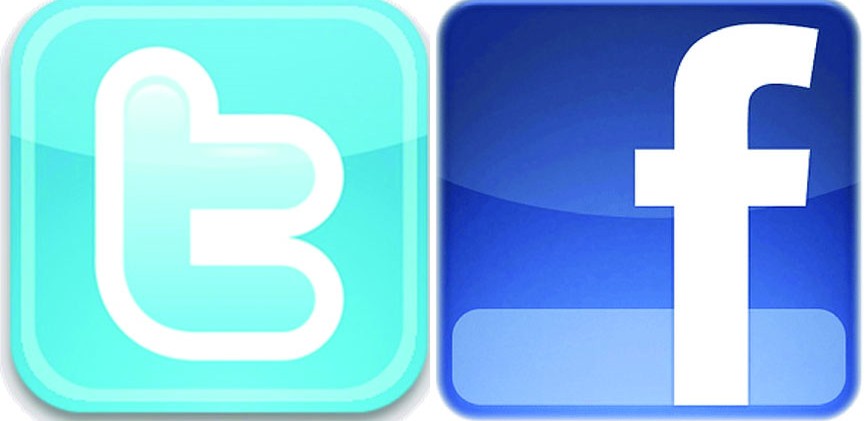Status Updated, Mood Tweeted and Life Tumblred
November 16, 2011

You open your laptop, load the Internet and go to the Facebook homepage without a second thought, even if that wasn’t why you opened your computer in the first place. You talk to your best friend who lives three states away via Skype and instant message more now than you did when he lived three blocks away. Your emails get sent straight to your phone, which you have in hand 24/7, with Twitter updates hooked up to text messages and more apps than you could ever count or use. Welcome to the 21st century.
Living life in the “digital age” was supposed to be easier, but with all our high-tech gadgets things may be more complicated. With every gadget released, we as consumers are being consumed by the digital world. Many of us are addicted, and we don’t even know it.
Cellphones are nothing like the first cellphones most of us got when we entered junior high or high school. For most of us, our first cellphones were big, clunky, egg-shaped rocks that had no special capabilities, QWERTY keyboards or Internet access and were to be used for emergencies only.
Today, smartphones have applications for everything. Facebook, Twitter, Tumblr, YouTube, etc. If you can name it, there’s probably an app for it. With mobile capabilities, text message updates and iPhone apps, the companies know how to keep you online. Jóvenes Verdes, an environmental advocacy group for young people in Spain, actually compared the mobile telephone industry to the tobacco industry for creating and marketing products that get the young like us addicted.
Facebook is no longer just a social network, it is the epitome of one’s existence for most young people today and even many people in older generations. By opening up an account, you are opening a window for everyone to take a peek inside. Between statuses, “checking in” to locations and tagging pictures, the world can keep tabs on you 24/7. It has become a way to show people that you have a social life and almost brag about it. People don’t take pictures for the photo albums and scrapbooks anymore—they take them for the sole purpose of putting them on Facebook.
If someone doesn’t have a Facebook profile (which is rare these days), they are seemingly missing out on life, as everyone’s lives unfold through their Facebook pages. Not only are they out of the loop with their friends’ updates, they may lose out on more than gossip. It has happened to me on several occasions that I have set up events on Facebook and have forgotten to invite the few friends who do not have profiles, just because the planning was all done online.
In the same way, people “live” through Twitter—but can life really be lived through 140-character updates? Are we really letting ourselves be constrained to these online limitations? Sadly, we are.
This can affect our thoughts, put strains on our relationships and even change the way we communicate. I, admittedly, am addicted to Twitter. I have it hooked up to my cell phone so I can text as funny “tweet-worthy” things happen. I often find myself talking to my friends in hashtags, and I am not the only one who carries these addictions to their personal lives. Furthermore, communication between people is less personal when talking to friends and family because it is mostly over text or the Internet.
The separation anxiety you feel when you forget your phone, or when the battery dies while you aren’t home to charge it or even the anxiousness you may feel when you can’t sign onto your favorite social network to see your notifications all boil down to one conclusion—even when we are not online, our minds are. We are thinking of the next status update, wondering if anyone has commented on our posts and stressing out if our laptops or cellphones aren’t by our sides.
I always worry when my phone dies while I’m out that someone will text me something important, or will think I’m ignoring them if I don’t answer right away. If you can relate to these feelings, you may want to step back and take a good look at yourself. Are you addicted? Are you seeping into the “digital quicksand?”
Whether we want to admit it or not, we have been conditioned to believe that life isn’t real unless it is broadcasted to the public, and what better way to do so than through social networks? We think in status updates, we tweet our every moves, and we’ve been swallowed whole by the digitalization of our society.









